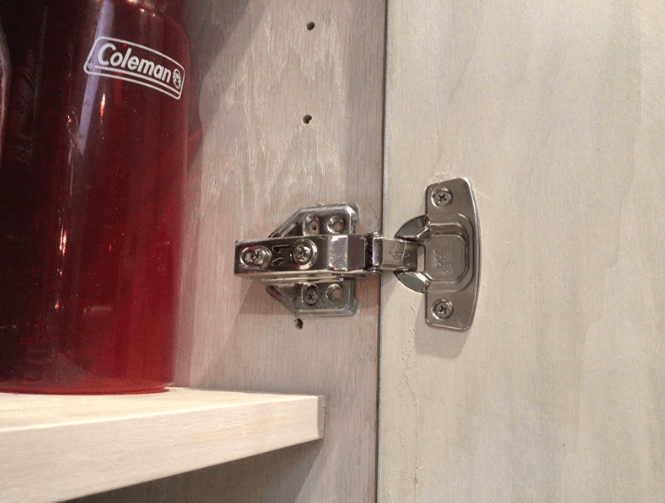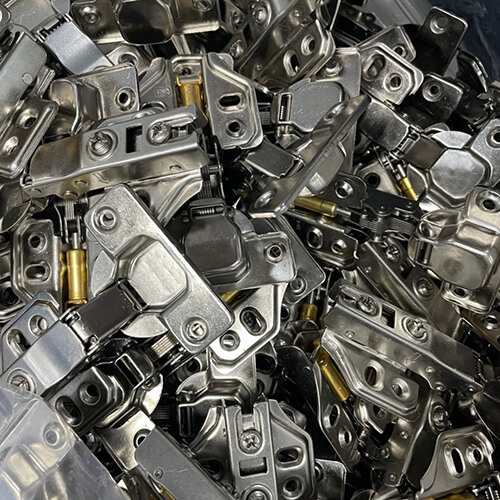5 Tips for Choosing a Hinge Supplier Malaysia
If you’re planning to start manufacturing products, you might need to order some custom-made hinges to use in your designs. Hinges come in many different varieties, and they can be made from many different materials, so it’s important to know what you’re looking for when you go shopping around for the best deal on hinges. Here are five tips to help you choose the right hinge supplier Malaysia.
1) Consider your Budget
When choosing a hinge supplier, it’s important to consider your budget and request competitive quotes from several vendors. However, make sure you understand what each quote includes. There’s nothing worse than paying full price only to find out you don’t have all of your hinges! It’s also smart to ask about payment terms before settling on any one vendor. This will give you an idea of when your order will arrive and how much you’ll need to pay to ensure that delivery is expedited. Finally, think long-term about volume discounts or other programs offered by your various hinge suppliers. Some may offer better deals if you commit to purchasing more hinges over time—so make sure you know exactly how much money hinges are going to cost you well into the future!
2) Determine Your Quality Requirements
To avoid choosing a bad supplier, figure out your quality requirements first. Make a list of what you want from your supplier and prioritize it so that you know exactly what is most important to you. For example, maybe delivery time is not as big of an issue as manufacturing costs. Or maybe hinge appearance is very important but product warranty is not. This way you’ll have solid criteria to judge suppliers by when making your choice—and it will be easier to reject ones that aren’t right for you. A company offering cheap hinges might sound great at first, but if they produce low-quality hinges that don’t work properly or break easily, you might end up spending even more money on repairs down the road. That cheap price tag isn’t worth all those added expenses! So make sure your business stays healthy by using these tips when shopping around for a hinge supplier Malaysia.
3) Decide What Kind of Hinges you Need
When you’re looking to purchase a hinge, your first step should be deciding what kind of hinges you need. Typically, manufacturers offer three types of door hinges: interior, architectural, and concealed. Deciding which type to use depends on what kind of look you’re going for. Interior-grade hinges can typically be found at hardware stores and are cheaper than other options—but they aren’t as sturdy as architectural- or concealed-grade hinges. Architectural hinges are used more often in commercial buildings because they fit seamlessly into most designs. If you want hinges that won’t stand out, however, consider purchasing concealed hinges; these come pre-installed so all you have to do is screw them into place.
4) Ensure that they are Reliable
Cheap hinges are often of poor quality, which leads to an unappealing design and possibly even damages to your cabinets. While cutting corners on hinges may save you some money initially, it can cost you more in repairs and replacements down the road. To get high-quality cabinet hardware that will last for years, look only at companies that produce top-quality products. Asking questions and doing research is always recommended before buying something you aren’t familiar with. One way to ensure that you choose a reliable company is by reading reviews from other customers who have used their services; testimonials should be available on each supplier’s website or available through third parties such as Yelp or Google Local Reviews. Similarly, online communities such as Houzz (for home remodeling) or Architectural Digest (for interior design) provide information about suppliers and their work.
5) Stay Away from Cheap Imitations
Cheap imitations might save you some money in production, but they don’t stand up well over time. Cheap hinges can make your entire design feel cheap and flimsy, and they may not last long enough to make a profit. If you choose low-quality components simply because they’re cheap, you run a real risk of losing customers to competitors who use higher-quality materials.


